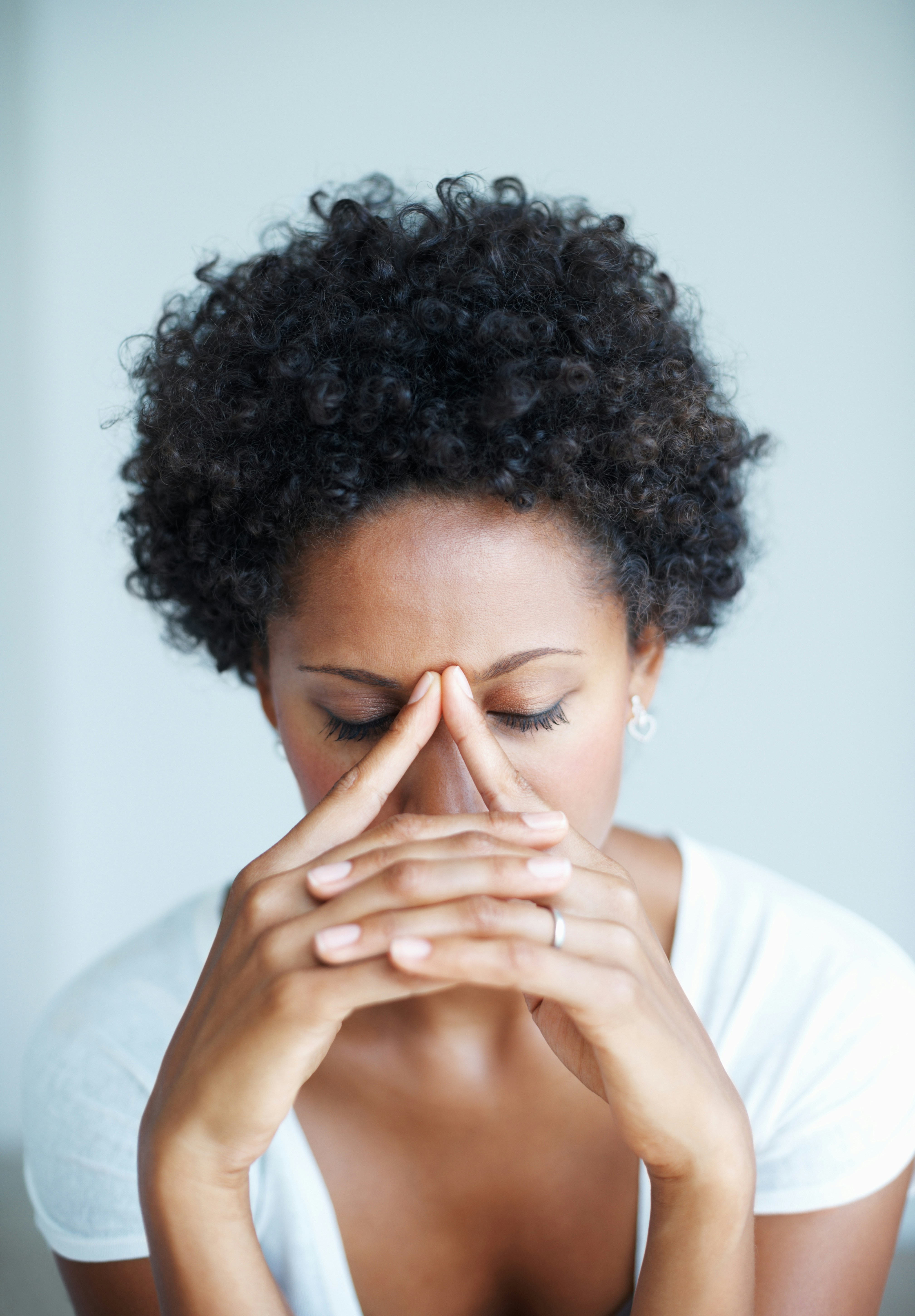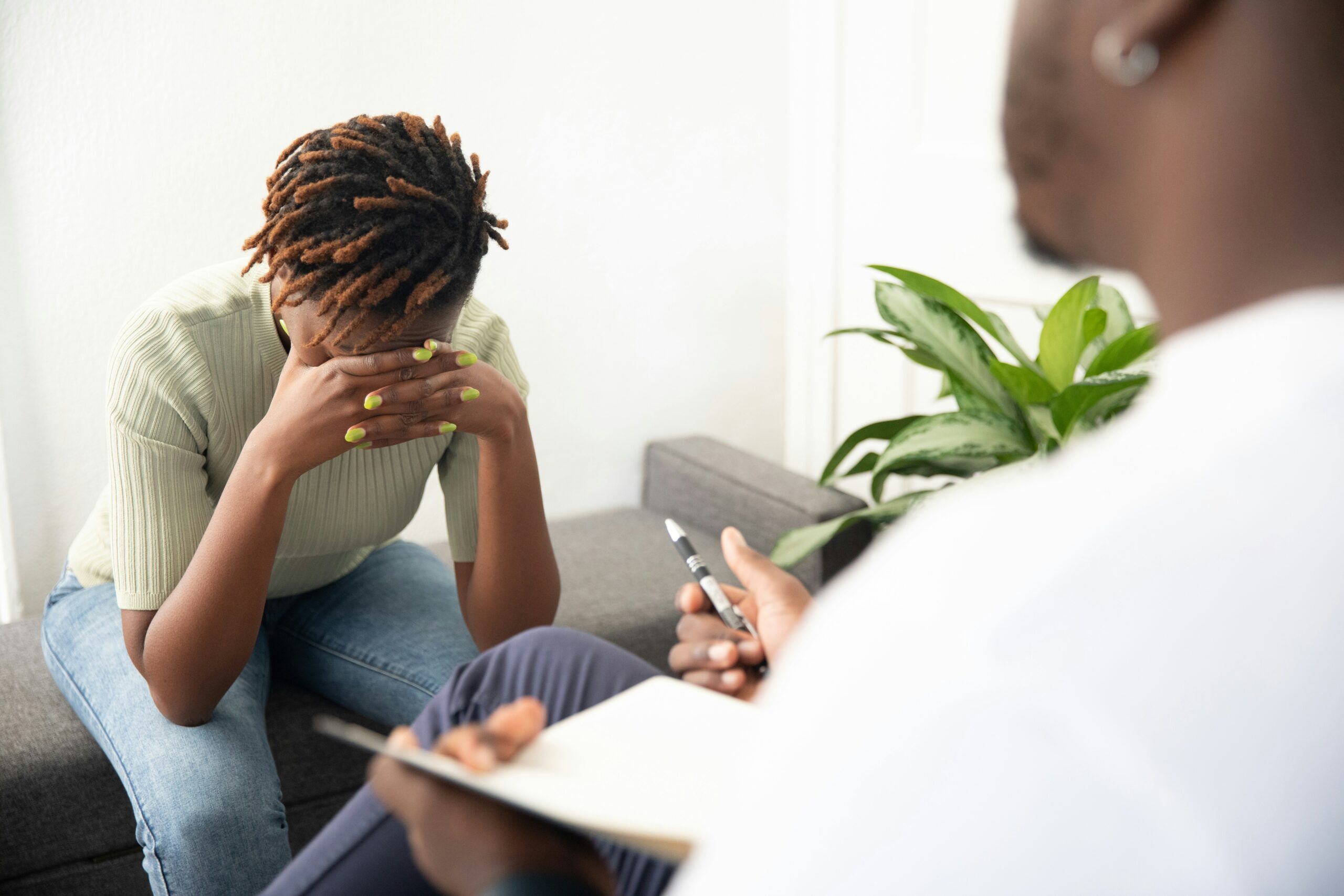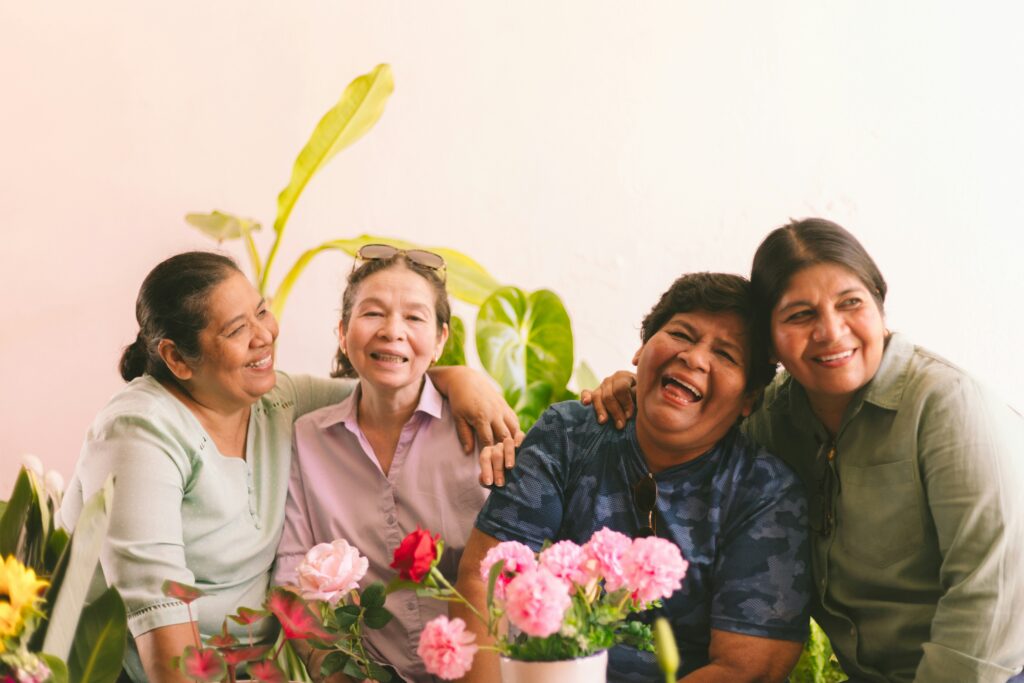We’re launching a new series that explores menopause in its full social, cultural, and emotional context with a focus on the often-overlooked experiences of migrant and racialised women. Led by writer and coach Kiran Singh, this space will offer room for reflection, honesty, and connection.
by Kiran Singh
Let’s be honest: menopause is already a quiet subject. But for many migrant women, especially those of South Asian, African, Middle Eastern, and Eastern European heritage, it’s practically muted. No words. No space. No real permission to feel, let alone talk.
We grew up in cultures where periods were whispered about, pregnancy was endured, and anything remotely related to a woman’s body came with a side of shame. So when menopause starts creeping in with its hot flushes, mood swings, aching joints and deep emotional shifts… we often just get on with it. Silently. Stoically. Alone.
But here’s the thing: we’re not meant to go through this alone.
For many migrant women, menopause feels like one more thing we’re expected to carry without complaint.
We’re daughters of quiet strength. Raised to be grateful. Told to keep it in the family. Taught that suffering without fuss is a virtue. And if you add in the experience of migration, building a life in a new land, often with limited support systems, racism, language barriers, and financial strain, it’s no wonder menopause gets pushed right to the bottom of the list.
It’s not just the physical symptoms that hit us; it’s the identity shift. The grief. The loss of control over our own bodies. The rage we can’t explain. The tears that feel ridiculous. And we’re supposed to just… keep going?
For too long, we’ve normalised our own neglect.

Why the Silence is Dangerous
When menopause isn’t spoken about, we can’t prepare for it. We can’t ask for help. We don’t even know what’s normal.
Many women think they’re going mad before they realise it’s perimenopause. Others are misdiagnosed with depression or anxiety. Some suffer in silence, not wanting to “burden” their families or be seen as weak.
And let’s not forget the women who are carers, holding down multiple jobs, or managing households with no one asking how they’re doing. For migrant women, menopause is often wrapped in invisibility, not just in healthcare systems, but also in our own homes and communities.
This silence costs us dearly: delayed diagnosis and treatment, worsening mental health, strained relationships, isolation and burnout.
And for what? Because no one made space for this part of our lives?
Rewriting the Narrative About Menopause
Here’s what I know: menopause isn’t just a health issue; it’s a cultural issue. A community issue. A justice issue.
We need to start treating it that way. Because when we talk about menopause, we’re not just talking about hormones. We’re talking about agency, self-worth, access to care, and the right to age with dignity.
We’re talking about women who have held their families together across continents, now needing to hold themselves. We’re talking about aunties, sisters, mothers, friends, all quietly unravelling while putting on a brave face.

That needs to stop. But, how do we change this? We talk. We share. We hold space. We get uncomfortable. We ask the questions no one asked our mothers.
What Does This Look Like in Practice?
Make menopause part of everyday conversations.
Talk to your friends about what you’re experiencing. Mention it to your daughters. Bring it up in women’s groups. Start normalising the language, hot flushes, brain fog, low libido, night sweats, and rage. These are real things. We don’t have to sugarcoat them.
Push for better healthcare access.
Many migrant women are unaware of their rights within the healthcare system. If you’re in the UK, ask for a menopause-trained GP. Request blood tests. Seek second opinions. Translate information for the women in your community. Empower them to advocate for themselves.
Challenge the cultural myths.
You’re not “too emotional.” You’re not “lazy.” You’re not “crazy.” You’re going through a transition that affects every part of your being. And it deserves compassion, not judgment.

Create sisterhoods of support.
Start or join menopause circles. Whether it’s a WhatsApp group, a local meet-up, or an online space, being seen and heard makes all the difference. You’ll realise you’re not alone. You never were.
Educate the next generation.
Let’s raise girls who aren’t afraid of their bodies, and boys who grow up understanding them. The silence stops with us.
Menopause doesn’t have to be the end of our story. It can be the beginning of a new one, if we let it.
A chapter where we honour our changing bodies. Where we reclaim rest, pleasure, and power. Where we no longer feel guilty for needing support. Where we centre ourselves for once.
This isn’t just about symptoms. It’s about shifting how we see ourselves as women. As leaders. As nurturers. As humans in transition. So, if you’re reading this and you’ve been carrying it all in silence, know this:
You are not broken. You are not alone. And your story deserves to be heard. Let’s start talking. Let’s keep talking. Let’s change the narrative – together.
Featured image Fellipe Ditadi at Unsplash

Kiran Singh is a Midlife Lifestyle Coach & Menopause Wellness Coach helping women design deeply fulfilling lives, on their own terms. Born in Norway with Indian roots and now based in the UK, Kiran’s work bridges cultures, generations and lived experience. Through her platform Midlife by Design, she guides women, especially those in their second act, towards clarity, confidence and a sense of home within themselves. Her work is rooted in self-trust, reinvention and the quiet power of intentional living.
Websites: Kiransinghuk.com | Thesattvacollective.org | Myuniquehome.co.uk | Designthelifestyleyoudesire.comInstagram: @kiransinghuk | @thesattvacollectivecic



